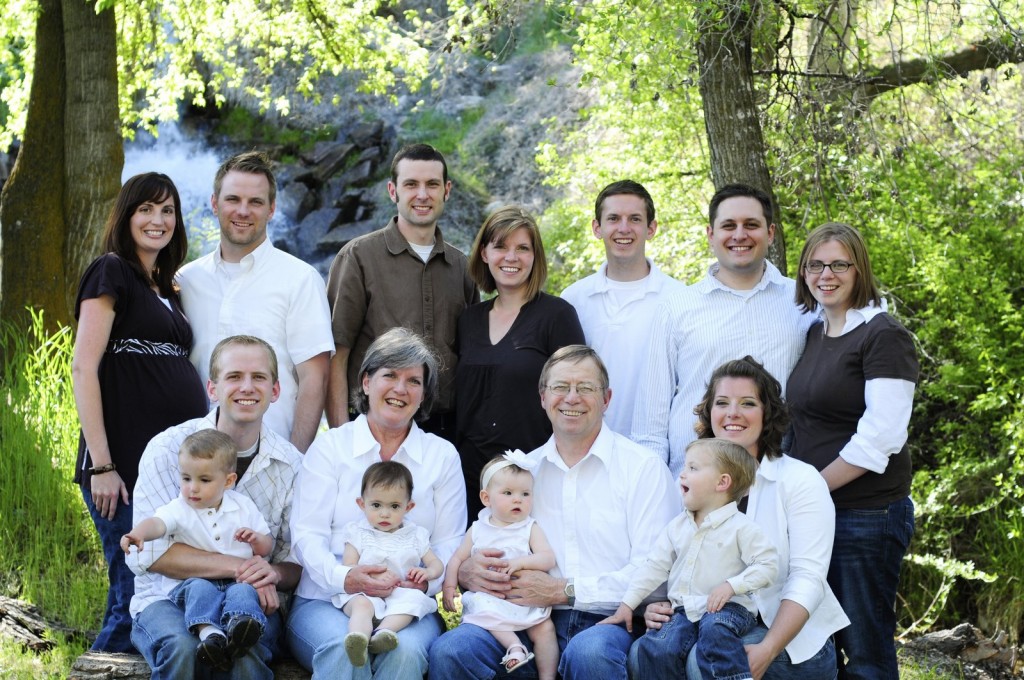Q. What happens if someone vicariously performs a sealing for a deceased couple that doesn’t want to be sealed together?
First, to understand this situation, an understanding must be had of sealing and of work for the dead.
Briefly put, sealing is the term used for being married in the temple. It is an ordinance performed that binds a man and woman together not just til “death do they part”, but for time and all eternity. Read more about this subject here.
The word “vicariously” in the question refers to the fact that God has given man power to perform sacred ordinances for the dead who did not receive those ordinances while they were alive. Thus, as Paul alludes to in I Corinthians 15:29, we can be baptized for those who did not receive that opportunity during their time on Earth. Similarly, we can perform sealings for deceased couples. Read more about this subject here.
On to the question at hand. What if that couple who is sealed together didn’t want to be sealed together? Are they going to have to just put up with each other F-O-R-E-V-E-R? For instance, if King Henry VIII was vicariously sealed to his wife Anne Boleyn, would she just have to overlook the cruelty and death she suffered at his hand? No. Common sense and truth coincide nicely for us here. As lds.org, the official website of the church, explains:
Some people have misunderstood that when baptisms for the dead are performed, deceased persons are baptized into the Church against their will. This is not the case. Each individual has agency, or the right to choose. The validity of a baptism for the dead depends on the deceased person accepting it and choosing to accept and follow the Savior while residing in the spirit world. The names of deceased persons are not added to the membership records of the Church. (cited from this webpage, under heading entitled “Additional Information”)
But I say, to avoid any such confusing situations, how about we all just love our spouses and desire to be with them for eternity? In fact, if you, my article-reading friend, happen to be married I challenge you, right now, to think of one nice thing you can do for your spouse today. Now go and do and have a wonderful day.
 All human beings—male and female—are created in the image of God. Each is a beloved spirit son or daughter of heavenly parents, and, as such, each has a divine nature and destiny. Gender is an essential characteristic of individual premortal, mortal, and eternal identity and purpose.
All human beings—male and female—are created in the image of God. Each is a beloved spirit son or daughter of heavenly parents, and, as such, each has a divine nature and destiny. Gender is an essential characteristic of individual premortal, mortal, and eternal identity and purpose.

 Q. Was He [Jesus] married?
Q. Was He [Jesus] married?